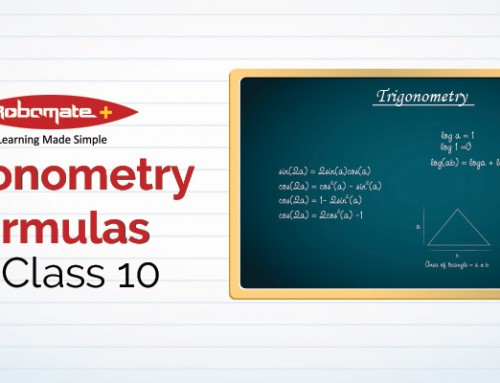ICSE Syllabus is extremely comprehensive and thorough. Great emphasis is laid on the learning of science, humanities and language. Although the volume of the syllabus is something students often complain about during school days, it really helps them cope up with higher education and competitive preparation later in life.
ICSE Syllabus focuses on the child’s overall growth and aims to build analytical skills along with practical knowledge. It provides detailed study of each subject with an edge over english. ICSE curriculum allows the flexibility of selecting specific subjects. ICSE syllabus provides required knowledge to attempt all the national entrance exams.
The main objective of ICSE Board is to provide students a standard education platform where they can get all round development in all respects. Following syllabus is prepared in order to achieve its objective.
The ICSE Syllabus Is Divided Into Three Groups
Group I (Compulsory Subjects) – English, History, Civics & Geography, and Indian Language
Group II (Option to select any two) – Mathematics, Science (Physics, Biology, Chemistry) as separate subjects, Environmental Science, Computer Science, Agricultural Science, Commercial Studies, Technical Drawing, A Modern Foreign Language, A Classical Language and Economics
Group III (Any one) – Computer Applications, Economic Applications, Commercial Applications, Art, Performing Arts, Home Science, Cookery, Fashion Designing, Physical Education, Technical Drawing Applications, Yoga, and Environmental Applications.
As ICSE attributes great importance to practical learning, all subjects have assignment/project and/or laboratory components. These components are evaluated internally and carry a weightage of 20% in group I and II and 50% in group III subjects.
Many of the subjects mentioned above can contain up to three papers. For example, science consists of three papers, one each for Physics, Chemistry and Mathematics. Depending on the subject selection, a student might have to appear for anywhere between 8 to 11 papers. The final score is calculated by taking the best 5 scores from amongst the subjects with English being compulsory.













